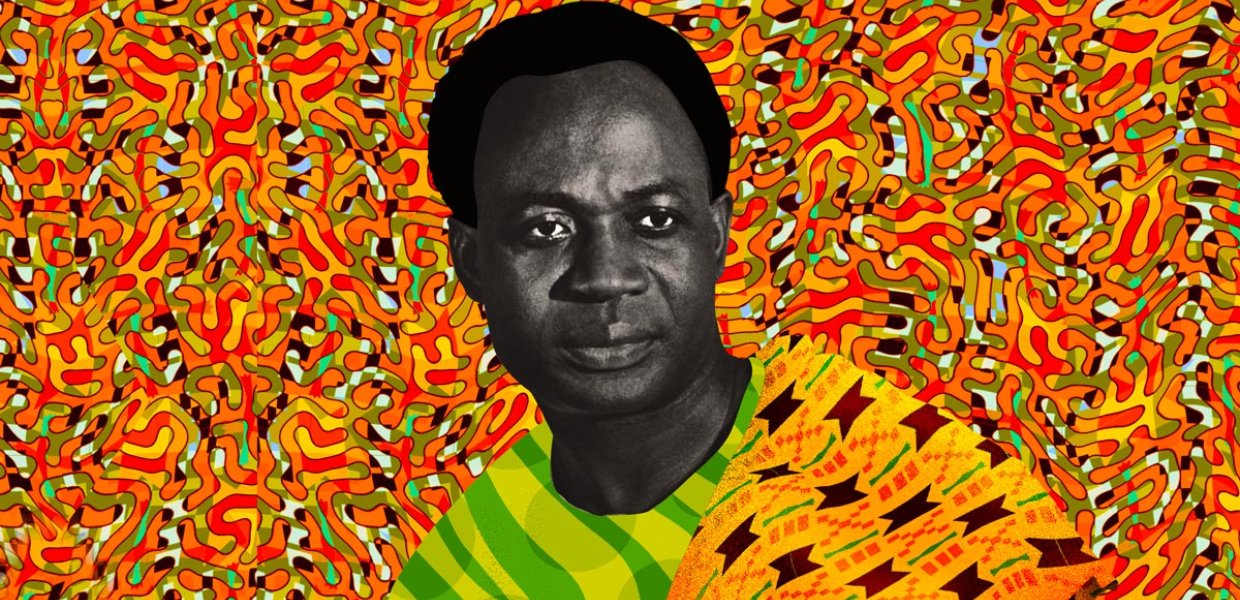“What do you know about Kwame Nkrumah?”
The professor at the University of Ghana’s question stumped me. Truth be told, at that point in time Kwame Nkrumah was just a name to me. It was a name that I had seen floated around in regard to scientific socialism and Pan-Africanist philosophy and a name that I had seen on the street signs in Ghana — but a name, nonetheless. I will venture to say that I am not the only one in this camp. The American education system is one that will ensure that you are indoctrinated with the star-spangled spirit of Paul Revere and Betsy Ross far before you are informed of any African history. If you are a Black American, as far as our collective consciousness is concerned, your story starts on the boats.
However, contrary to what we are taught, the Black heritage is far richer than simply surviving as an oppressed people in a foreign land. As the first person in my family to touch African soil since my ancestors were stolen, I have seen and heard it with my own eyes and ears. This past summer, I had the opportunity to help lay the foundation for what will be the “Ghana Immersive Reporting Project” course, conceived by Professors Miki Turner and Afua Hirsch. We spent 10 days traversing different parts of Ghana, from universities and media outlets to museums and gardens, with the intent of outlining opportunities for future Annenberg students in the class.
Throughout the course of the trip, I was most impacted by the interpersonal interactions I had with the Ghanaian people whose paths we crossed: Ben, our driver; Hope, a master’s student at the University of Ghana; Brenda, one of several expats we interviewed. These individuals, among many others, and the wisdom they had to impart, defined the trip for me. While popular media will lead one to believe that Africa is a land defined by poverty, war, corruption and sorrow — conditions largely influenced by imperialist powers — what they spoke of allowed me to see Ghana, and Africa, through their eyes: as a vibrant and beautiful society rooted in rich cultural tradition and powerful camaraderie, in spite of imperialist oppression.
As I read, listened and asked about the legacy of the great Kwame Nkrumah, I found that this is a power that he sought to mobilize to the benefit of African people across the world. The first prime minister of an independent African country, free of western colonization, Nkrumah understood that the struggle for Black liberation was a global one. Ghana’s independence, in his mind, was not the finish line, but rather a step toward a larger objective: the unification of all African nations and people under one independent socialist state. This is Pan-Africanism.
Because of American influence via the CIA that led to a coup d’état, Nkrumah never saw his goals come to fruition. However, in his short time in power, the advancements that he was able to catalyze in education, healthcare, public infrastructure and industrialization prove that his ideas were not without merit. If you ask the people of Ghana, they will tell you that if he had had more time in power, African people everywhere would be better for it.
Oftentimes we think about African liberation in the context of the way Black people are perceived and treated. While these things certainly hold merit, the real travesty of the Black plight exists within our lack of access to material resources, many of which come from the continent we are borne from and are extrapolated with our labor. Kwame Nkrumah fought to change these conditions and regain control of the rightful share of the means of production for African people everywhere.
Every year, as we witness the commodification and corporatization of holidays such as MLK Day and Juneteenth in America, it is my hope that all people, but Black people in particular, take some time to truly reflect upon our place in the context of a struggle that takes place not just in America, but across the world. It is a worthwhile endeavor, one that all the great African revolutionaries — from King to X, to Davis to Du Bois, to Garvey, to Mandela, to Shakur and beyond — undertook at some point in their journey. While not all of us will have the privilege to touch the African continent in our lives, it is imperative that we inform ourselves and each other of our history and the ways in which we’ve fought for our liberation.
Because they don’t tell us about Nkrumah.
